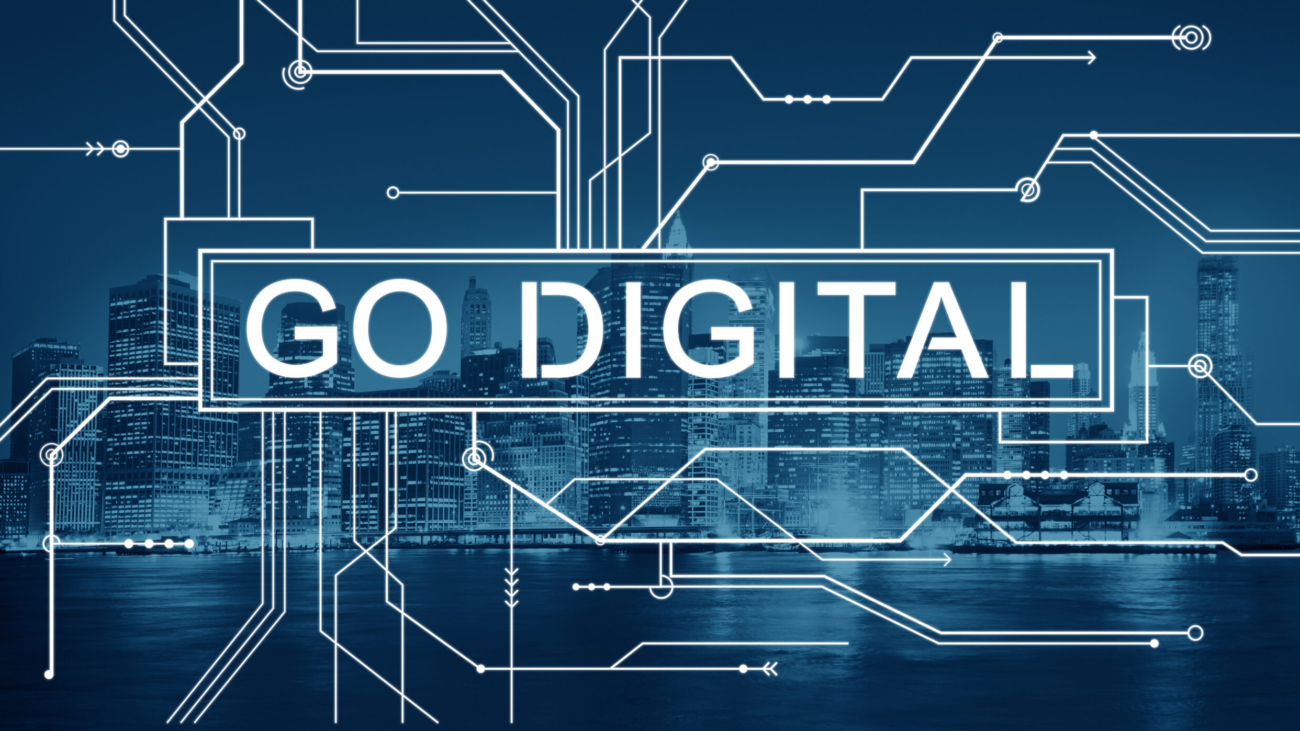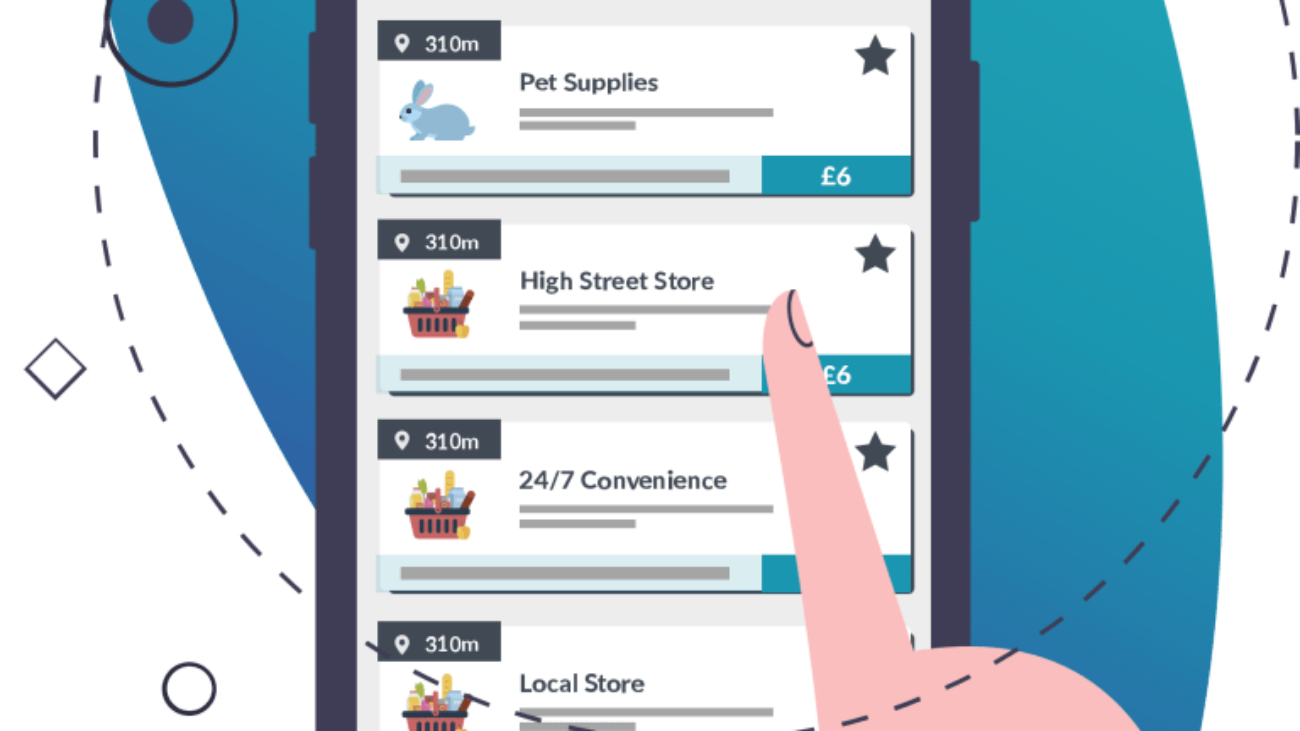Iraq’s Vision for Sustainable Development 2030 envisions, among other objectives, increasing oil sector efficiency and creating job opportunities. The country also seeks to diversify its economy from reliance on oil revenues by developing new industries and modernizing its agriculture sector.
ITU figures reveal that more than 60% of the population has internet access, and out of around 40 million, some 37.5 million people have a mobile phone subscription. This reveals a nation with the digital foundation to leap into cutting-edge technology such as AI, cloud computing, and Big Data. To become an advanced regional data hub, Iraq can also leverage its advantageous geographic location — at the crossroads of high-growth regions in global data connectivity terms.
Data is at the heart of modern ICT development, which is key to modern economic and national development. Analyzing this data offers insights that help resource management, economic productivity, healthcare provision, and natural disaster prediction and management, to name a few.
Globally, the big data analytics market will reach $103 billion by 2023, with 97.2% of organizations saying they are investing in big data and AI. Huawei figures suggest data creation will grow to more than 180 zettabytes by 2025 and the need for data storage will grow at 19.2% annually up to 2025.
Data analysis is an illustration of a mature ICT sector – one that can embrace the global move towards digitization. However, managing the massive volume of data generated by the typical enterprise is beyond human capabilities. Artificial intelligence-driven algorithms are ideal for handling big data analysis. With data such a critical asset for enterprises, using AI-driven systems to analyze and process data and then make appropriate data-driven decisions improves production efficiency and intelligence. By 2025, an estimated 86% of global enterprises will use AI, Huawei estimates.
In Iraq, remaining competitive in the global energy sector means urgently addressing the need to embrace Big Data analytics driven by AI. For example, rapid, efficient data analysis can proactively pinpoint potential failure in oil infrastructure before a breakdown, saving on maintenance costs. Meanwhile, AI-driven seismic analysis makes identifying oil fields more effective and accurate, while production targets can be met with proficiency thanks to data analysis.
However, the world faces an acute shortage of qualified data analysts, who are now in demand in numerous sectors, not just in ICT. Research firm Korn Ferry estimates there will be a global shortage of more than 85.2 million skilled people by 2030, a shortfall that could result in $8.452 trillion in unrealized annual revenue by 2030—equivalent to the combined GDP of Germany and Japan.
To meet the current and future demand for skilled AI professionals, our youth must be encouraged into ICT careers, especially in advanced technologies. Universities cannot do it alone. Collaboration with the private sector has emerged as a powerful model for skills enhancement.
Companies such as Huawei are major supporters of skills development initiatives in Iraq. Huawei in particular has partnered with several educational authorities, universities, educational institutions, and others to set talent standards, build alliances, and demonstrate the value of talent. Their global and regional initiatives designed to nurture future ICT leaders, including the Seeds for the Future program, Huawei ICT Academy, and the annual Huawei ICT Competition, have garnered significant interest in Iraq. Thanks to such initiatives, Iraq is on a firmer footing to boldly embrace the future. Iraq’s Prime Minister Mustafa al-Kadhimi in 2020 underlined his government’s commitment to developing AI capabilities and supporting related scientific research. Focusing on building a world-class talent pool of data analysts will ultimately help Iraq develop its economy, attract new investments, and produce digital talent for Iraq and beyond.




